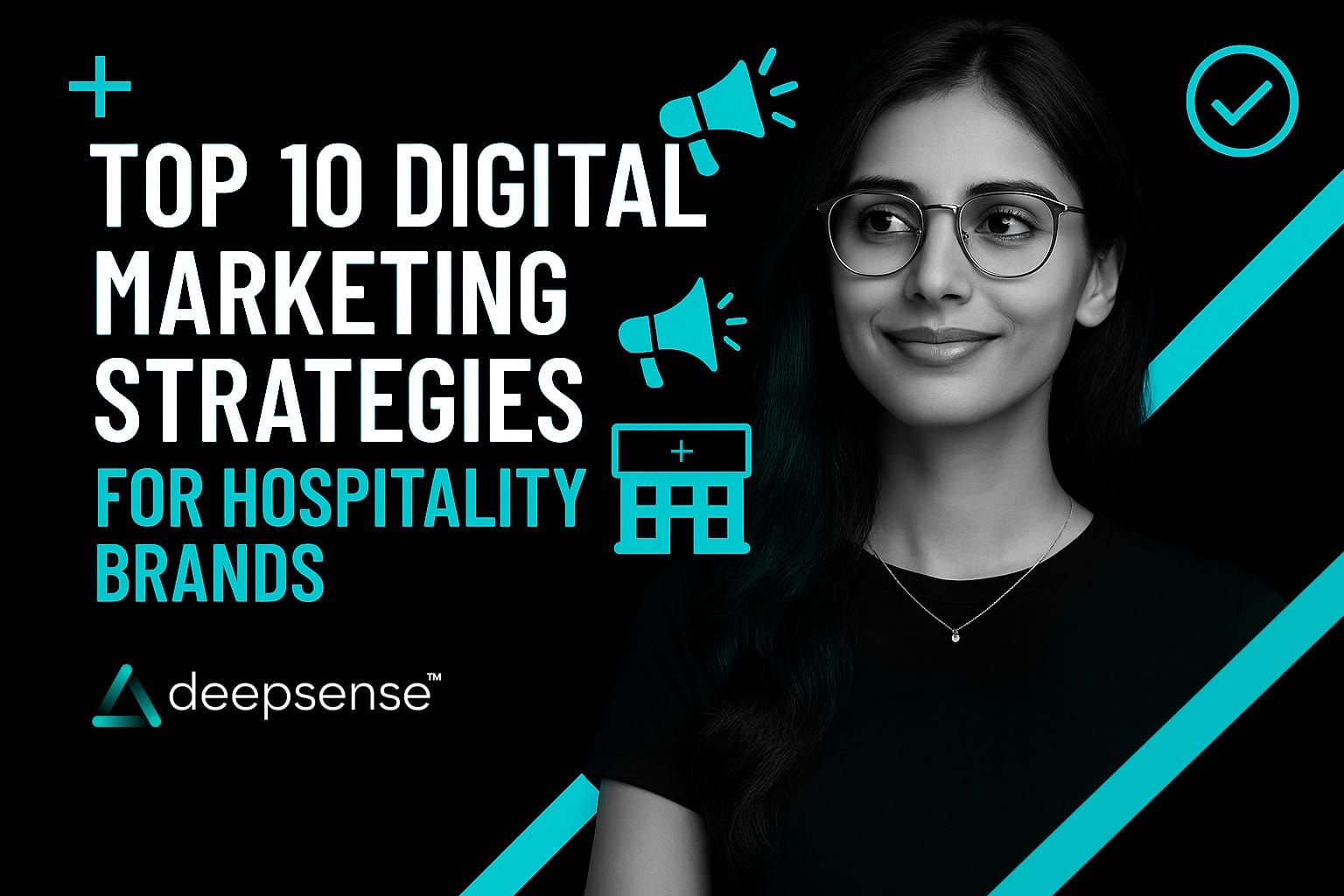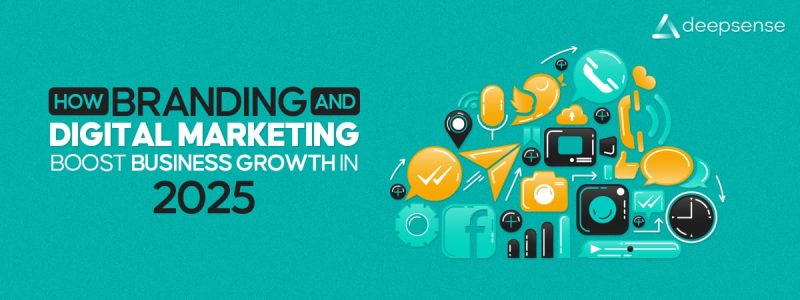1. Build a Stunning, Mobile-First Website That Converts
In the hospitality industry, your website isn’t just an online brochure, it’s your digital front desk. It’s often the first interaction a potential guest will have with your brand, and their booking decision may depend on how easy, immersive, and trustworthy your site feels.
What to focus on:
- Responsive design: 70% of travelers use mobile to research hotels. Your site MUST be mobile-optimized.
- Online booking engine: Seamless, real-time availability with payment integration and confirmation emails.
- Clear visual hierarchy: Use high-resolution images, videos, and a clean layout to showcase rooms, amenities, and views.
- Trust signals: Add TripAdvisor badges, security seals, awards, cancellation policies, and verified guest reviews.
User Insight:
Slow, cluttered, or clunky websites make users bounce. Google found that a delay of 1 second in page load reduces conversion by 7%.
Case Study:
The Oberoi Group improved its mobile UX and added immersive video storytelling on its homepage. Bookings via mobile grew by 42% within 6 months.
2. Dominate Local SEO to Win “Near Me” Searches
People don’t search for “hotels.” They search for “luxury resorts near Goa beach” or “budget hotels near Bangalore Airport.” Local SEO ensures your property shows up in these hyper-specific searches, attracting high-intent travelers.
Key tactics:
- Google Business Profile Optimization: Add photos, hours, amenities, direct booking link, and accurate map pin.
- NAP consistency: Ensure your Name, Address, Phone number are identical across the internet.
- Use long-tail, location-based keywords: Like “honeymoon cottages in Coorg” or “spa hotel in Udaipur.”
- Encourage local reviews: Reviews improve visibility on Google’s local 3-pack.
Fact:
28% of local mobile searches result in a purchase, usually within 24 hours (Google Research).
3. Inspire Bookings Through Social Media Content
Social media for hospitality brands isn’t about selling, it’s about storytelling. People are visual and emotional when planning a trip. Platforms like Instagram, Facebook, and Pinterest are where they dream, plan, and get influenced.
Content types that convert:
- Instagram Reels: Room walkthroughs, food preparation behind the scenes, spa experiences.
- Stories & Highlights: Categorize for rooms, amenities, FAQs, guest stories.
- UGC Reposts: Share guest photos/videos with consent. It adds authenticity.
- Themed campaigns: Like “#SereneSaturdays” for spa days or “#MountainMondays” for hill views.
Case Study:
Evolve Back Resorts leveraged nature photography and Ayurvedic reels to build a strong visual brand on Instagram. They saw a 4x increase in bookings from Instagram DMs and link clicks.
4. Run Targeted Google Ads & Social Media Ads
Paid advertising helps you reach the right audience, at the right time, in the right place. It’s especially powerful during high-demand seasons or when launching new properties or offers.
Google Ads:
- Use search campaigns for high-intent queries like “all-inclusive resorts in Kerala.”
- Run display remarketing ads to target site visitors who didn’t convert.
Meta (Facebook/Instagram) Ads:
- Geo-target users by city, behavior (frequent travelers), or interest (honeymooners, trekkers).
- Run lead gen ads offering free travel guides or limited offers.
Data Insight:
The average ROI for Google Ads in hospitality = 300%. Facebook Ads average a 10-15% conversion rate when targeting is well-defined.
Case Study:
Club Mahindra ran regional Facebook campaigns promoting short family getaways. It generated over 18,000 qualified leads in 4 months with a cost-per-lead of under ₹80.
5. Reputation Management & Online Reviews
In hospitality, your online reputation is your brand equity. 9 out of 10 guests read reviews before booking. A single negative review, if ignored, can damage your trust.
Platforms to monitor:
- TripAdvisor
- Airbnb
- MakeMyTrip, Goibibo, Booking.com
Strategy:
- Ask for reviews after checkout (automated emails).
- Respond to reviews (especially negative ones) within 24 hours with empathy and solutions.
- Display best reviews on your website with guest photos if available.
Case Study:
Sterling Holidays created a post-stay automation asking for reviews with an embedded star-rating prompt. Review submissions increased by 64%, improving their TripAdvisor rankings significantly.
6. Email Marketing & Loyalty Programs to Drive Repeat Stays
While ads get attention, email builds relationships. It’s one of the most cost-effective ways to drive repeat bookings and keep guests engaged post-stay.
Email Types:
- Welcome series: Send a “What to Expect” email after booking.
- Upsell emails: Offer upgrades (spa, breakfast, airport pickup).
- Loyalty mailers: Reward points, anniversary discounts, sneak peeks of new properties.
Stat:
Email marketing in hospitality sees average open rates of 25% and CTR of 10–12%, much higher than other industries.
Case Study:
Taj InnerCircle sends personalized offers based on guest location, travel patterns, and loyalty points, resulting in 40%+ repeat booking rates from their loyalty list.
7. Create Stunning Video Content to Showcase Experiences
Video helps future guests see themselves at your property. A well-edited 60-second clip of your sunset dinner setup or a drone view of your infinity pool can boost emotional engagement like nothing else.
Content Ideas:
- Property walk-throughs
- Guest experiences and testimonials
- Destination guides (e.g., “5 Things to Do Around Our Resort”)
- Behind-the-scenes of your kitchen or housekeeping magic
Tip:
Use subtitles. Over 85% of people watch social media videos without sound.
Case Study:
CGH Earth published YouTube vlogs showing Ayurvedic treatments, nature tours, and wildlife spotting. Result? 42% rise in organic search traffic and a boost in niche international bookings.
8. Collaborate with Travel Influencers & Micro-Creators
Travel influencers help put your property in front of highly relevant, engaged audiences. Their content is perceived as more trustworthy and aspirational.
How to make it work:
- Collaborate with micro-influencers (10K–50K followers) for better engagement.
- Offer value exchanges (free stay, meals, activities).
- Have content guidelines to ensure brand alignment.
Fact:
Influencer campaigns in hospitality generate an average ROI of 600%, according to Influencer Marketing Hub.
Case Study:
SaffronStays, a homestay network, worked with niche influencers on YouTube and Instagram, producing weekend getaway vlogs. This led to a 3x spike in bookings for lesser-known properties.
9. Use WhatsApp, Chatbots & Instant Messaging
In hospitality, speed = satisfaction. Whether it’s booking queries, check-in support, or cancellation help, instant messaging tools like WhatsApp or site chatbots reduce friction and increase bookings.
Tools:
- WhatsApp Business API: Send booking confirmations, updates, and offers.
- Site Chatbots: Handle common queries 24/7.
- AI-powered concierge bots: Upsell spa, activities, or meal plans.
Stat:
WhatsApp open rates are as high as 98%, making it a much more effective engagement tool than email for certain segments.
10. Leverage Meta Search Engines to Drive Direct Bookings
Meta search platforms aggregate hotel listings from OTAs and direct sources, allowing guests to compare and book. If you’re not listed or optimized, you’re losing direct booking traffic to competitors or OTAs.
Top platforms:
- Trivago
- TripAdvisor
- Google Hotel Ads
- Kayak
Strategy:
- Sync your website with meta-search engines via a channel manager.
- Offer slightly better pricing for direct bookings.
- Use Google Hotel Ads to appear in the “Book a Room” section.
Case Study:
Accor Hotels integrated its booking engine with Google Hotel Ads. Within 3 months, 36% of their bookings came directly through Google, helping reduce OTA commission costs.
Final Thoughts: Hospitality Marketing Is About Experiences, Not Just Offers
Digital marketing for hospitality brands goes beyond deals and discounts. It’s about building anticipation before arrival, delight during the stay, and connection after checkout. Done right, your guests become storytellers, and your most powerful marketers.
Whether you’re running a cozy mountain homestay or a luxury beach resort, these 10 strategies can help you stand out in an overcrowded market and consistently grow both occupancy and brand loyalty.
FAQs
1. Why is digital marketing important for hospitality brands?
Digital marketing allows hospitality brands to reach potential guests where they’re already searching, online. It helps improve visibility, build trust through content and reviews, drive direct bookings, and reduce dependency on third-party OTAs, ultimately boosting revenue and brand loyalty.
2. How can a hotel website increase bookings?
A hotel website can boost bookings by being mobile-optimized, fast-loading, visually immersive, and integrated with a real-time booking engine. It should include clear CTAs, guest reviews, FAQs, a gallery, and an easy way for users to explore rooms, rates, and amenities.
3. What is local SEO, and how does it help hotels and resorts?
Local SEO helps your hospitality business appear in search results when people look for places to stay in specific areas (e.g., “luxury resorts near Ooty”). Optimizing for local SEO through Google Business Profile, local keywords, and reviews increases your visibility in “near me” and map-based searches.
4. Which social media platforms work best for hospitality marketing?
Instagram, Facebook, and YouTube are the most effective platforms. Instagram is ideal for showcasing visuals and engaging stories. Facebook is great for local event promotions and running ads, while YouTube works well for property walkthroughs, destination guides, and guest testimonials.
5. Are paid ads worth it for hospitality brands?
Yes, paid ads are highly effective when well-targeted. Google Ads capture high-intent traffic (e.g., “honeymoon resorts in Kerala”), while Facebook and Instagram ads help build awareness and retarget past visitors. When executed correctly, they offer strong ROI and direct conversions.
6. How important are reviews for hotel marketing?
Reviews are critical. Over 90% of travelers read reviews before booking. Positive reviews build trust and credibility, while negative ones, if managed well, show transparency and responsiveness. Encouraging and managing reviews on platforms like TripAdvisor and Google is essential.
7. How can email marketing be used in the hospitality industry?
Email marketing is perfect for sending pre-arrival tips, post-stay thank-you notes, seasonal offers, and loyalty rewards. It keeps your brand top-of-mind and encourages repeat bookings. Personalization (like birthday offers or customized stay recommendations) boosts engagement.
8. What kind of video content works best for hospitality brands?
Effective video content includes room tours, destination highlights, drone shots of the property, behind-the-scenes operations, and guest testimonials. Short reels for Instagram and longer form videos for YouTube can both drive engagement and influence bookings.
9. What is the role of WhatsApp or chatbots in hotel marketing?
WhatsApp and chatbots improve customer service by offering instant responses, handling inquiries, confirming bookings, and upselling services like spa packages or transfers. They help reduce booking friction and enhance the guest experience from inquiry to checkout.
10. What are meta search engines, and why should hotels use them?
Meta search engines like Google Hotels, Trivago, and TripAdvisor compare prices across multiple booking platforms. Listing your hotel on them helps increase visibility and direct bookings while reducing reliance on OTA commissions. They’re essential for rate parity and comparison-shopping travelers.











